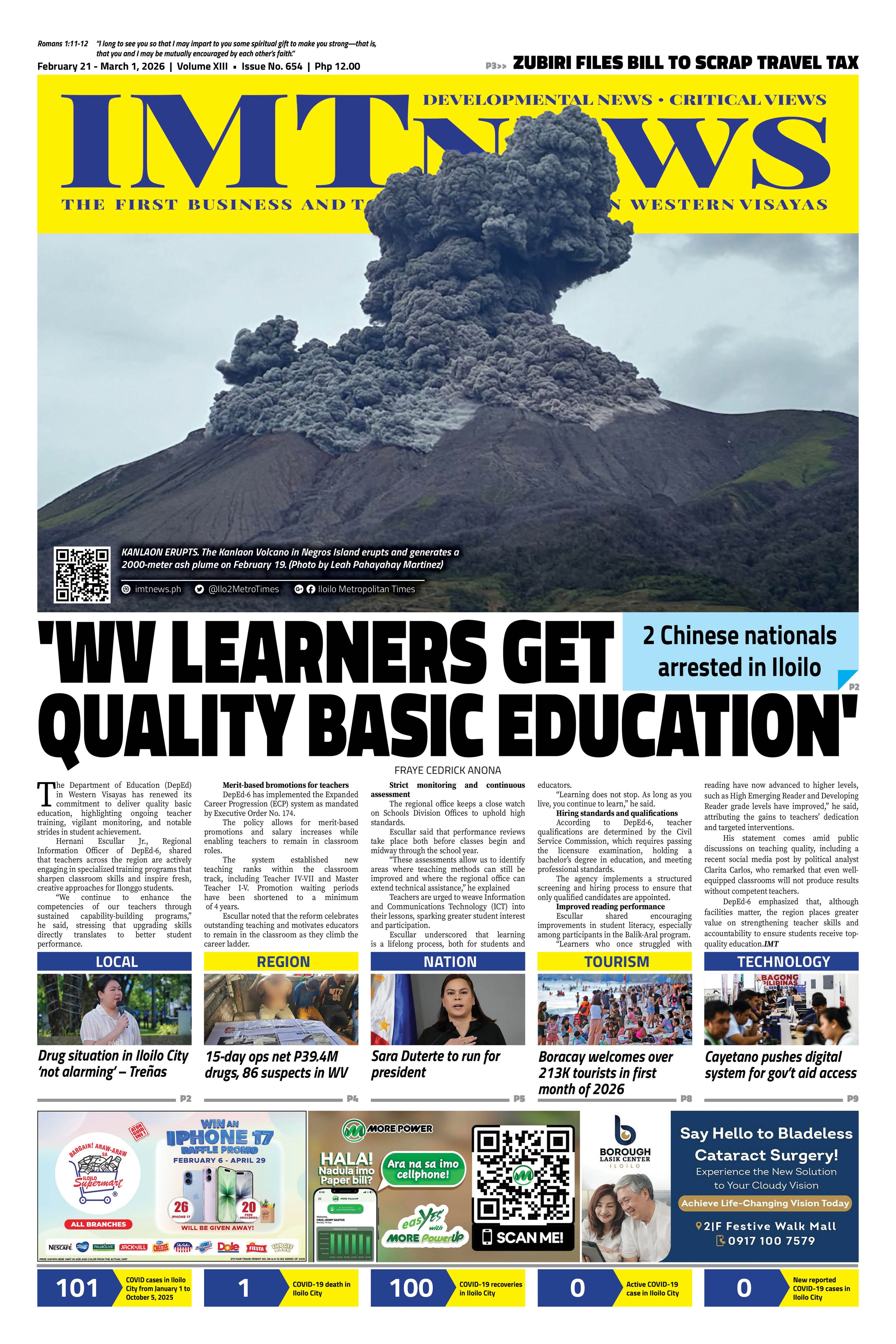A 1,400 percent spike in real property taxes (RPT) has pushed the Riverside Group of Companies to elevate its fight to the Supreme Court (SC), accusing the Iloilo City Government of imposing an “exorbitant and unjust” burden that threatens jobs, businesses, and investor confidence.
Riverside co-owner and lawyer Martin Luna Pison revealed how their tax dues skyrocketed beyond sustainability: Riverside Boardwalk Properties, Inc. saw its bill leap from P584,283.56 in 2023 to over P7.5 million in 2024, while Riverside Holdings, Inc. soared from P376,119.76 to P3.3 million.
“This sudden hike is not just unfair—it’s destructive. We were never consulted, and previous appeals were ignored. That is why we brought this before the Supreme Court. As a lawyer, I will only accept defeat from the highest court,” Pison said.
The group filed a Petition for Certiorari, Prohibition, and Mandamus on March 11, 2024, in hopes of halting what it calls a tax regime that could wipe out decades of investments.
According to Pison, the tax shock is already rippling through the local economy. For two years, Riverside shareholders have received no dividends, while several tenants in its Smallville and Boardwalk developments have closed shop.
“The domino effect is real—higher taxes are driving up rents, shuttering businesses, and ultimately raising food and service prices. This worsens inflation and puts Iloilo City’s competitiveness at risk,” he said.
Latest Riverside data showed RPT hikes ranging from 785 percent to a staggering 6,416 percent.
The city’s own records paint an equally grim picture. A total of 961 businesses shut down in 2024 due to bankruptcy, with another 519 closures recorded in just the first eight months of 2025.
Despite the mounting closures and economic strain, the city government has been in denial, insisting there is no direct link between the RPT hikes and the shuttering of businesses.
City officials maintained that inflation and market conditions are the primary drivers, even as local entrepreneurs and investors warn that the tax spike has crippled small and medium enterprises (MSMEs) citywide.
Founded in the 1970s in residential leasing, Riverside transformed its former Mandurriao salt farm into the vibrant Smallville and Riverside Boardwalk—pioneering hubs for dining and nightlife in Iloilo. Now, Pison fears that legacy may collapse under the weight of the new tax regime.
“Even a 300 percent increase would have been painful. But 1,400 percent? That’s survival mode. If this continues, the city will lose not just businesses, but also investor confidence,” he warned.
The case now before the SC may set a precedent, as Riverside and other affected business groups push back against what they call punitive taxation, highlighting a growing tension between city government policies and the local private sector.IMT







